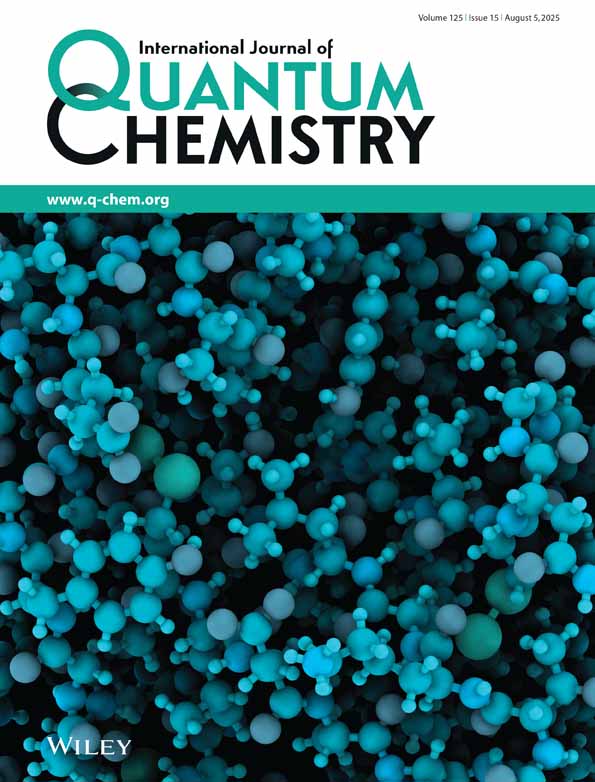Nonconservation of excitons as a mechanism of light-energy capturing
Abstract
The analysis of nonstationary processes, taking place in exciton systems in consequence of the nonconservation of the number of elementary excitations, is presented and it is pointed out to a new possibility of light-energy capturing which exists in ecological systems due to the nonconservation of excitons. It is shown that, due to the nonconservation, the one-dimensional molecular chain is able to capture permanently the light energy of the order of 50 keV to 5 MeV. A part of the captured energy is expected to have a role in internal bioprocesses. It is also shown that the system is a seat where the processes of continuous creations and annihilations of pairs of excitons having opposite momenta take place with a probability of the order of 10−4 to 10−2. Further investigations would allow to identify biological phenomena caused by those processes.




